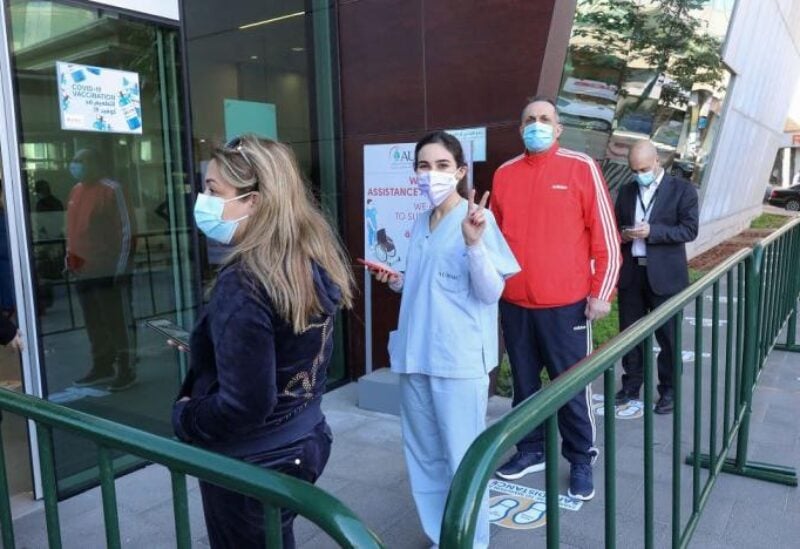
lebanon
Lebanon’s successive political, economic and social crises hinder its ability to effectively manage a coronavirus pandemic response, a study published last week said.
According to the Center for Strategic & International Studies, “nearly 2,500 new COVID-19 cases are confirmed each day in Lebanon, an untenable number in a country reeling from concurrent economic, political, and security crises and still recovering from the August 2020 Beirut port explosion.”
The study is written by Anna McCaffrey, a fellow at the Global Health Policy Center and Will Todman, a fellow at the Middle East Program.
It reveals that the existing challenges make Lebanon one of the most difficult places in the world to manage a Covid-19 response and vaccination effort, and the country is in dire need of additional support.
However, the study notes that because Lebanon is classified as a middle-income country—a classification that does not account for its recent economic collapse—it is ineligible for many forms of international health and humanitarian aid.
The two researchers also found that complicating matters further, Lebanon’s Health Ministry is effectively under the control of Hezbollah, a designated foreign terrorist organization, making the United States unable to provide direct support to the government-led Covid-19 response.
“The humanitarian and economic crises are intensifying, and security risks are growing,” the study said.
It called on Washington to expand its technical and financial support to the international agencies filling critical gaps in the Covid-19 response in Lebanon, and to work with its European allies to support the Health Ministry as it oversees the Covid-19 vaccine rollout.
“A successful vaccination effort will save lives, alleviate suffering, and help to prevent further deterioration in a country on the verge of collapse,” it noted.
The two researchers also explained that Lebanon faces cascading crises with a growing risk of countrywide food insecurity and more than 50 percent of Lebanese households now living in poverty.
“Its financial crisis has caused the Lebanese lira to lose more than 90 percent of its value on the black market since December 2019. After draining its foreign reserves, Lebanon is increasingly struggling to import food, fuel, and agricultural equipment, and is cutting subsidies on basic food items,” it said.
McCaffrey and Todman said that despite Lebanon’s intensifying humanitarian crisis and weakening healthcare system, Covid-19 vaccines could help stave off further disaster.
They noted that despite severe economic constraints, Lebanon has signed agreements to secure 6.3 million Covid-19 vaccine doses, largely due to unprecedented support from the international community.
However, the researchers said Lebanon’s confirmed procurement deals will not be enough to vaccinate 80 percent of the country’s 6.8 million people in 2021, the target set forth in the national vaccination plan.